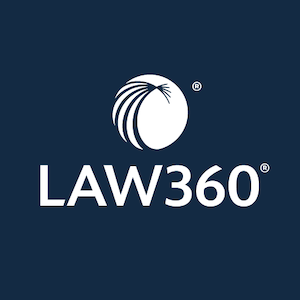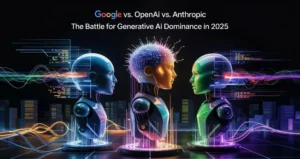JPML Directs Pretrial Proceedings of OpenAI Copyright Case to New York

Centralization of Copyright Lawsuits Against OpenAI
Overview of Recent Developments
On April 3, 2025, the Judicial Panel on Multidistrict Litigation announced a significant decision to centralize the pretrial proceedings for several copyright infringement and Digital Millennium Copyright Act (DMCA) lawsuits targeting OpenAI. This move will take place in a federal court located in New York. Centralizing these cases aims to streamline legal processes and manage the numerous lawsuits filed against the tech company more effectively.
What Are the Lawsuits About?
The lawsuits primarily concern allegations of copyright infringement linked to OpenAI’s use of text and data that may be protected under copyright laws. The key points of contention include:
- Use of Protected Works: Claimants argue that OpenAI’s AI models utilize copyrighted material without proper authorization, violating the rights of original authors and creators.
- Digital Millennium Copyright Act: Several lawsuits cite the DMCA, which provides a framework for addressing copyright issues in the digital age. The plaintiffs contend that OpenAI’s practices may breach this legislation.
Why Centralization Matters
Centralizing these lawsuits in one jurisdiction is significant for several reasons:
Efficiency: Instead of handling each case separately across different courts, centralization will allow for a more streamlined approach to pretrial proceedings. This can potentially save time and resources for both the courts and the involved parties.
Consistency: By having one court oversee these complaints, there is a better chance of achieving consistent rulings on similar legal issues, which can be beneficial for establishing clear legal precedents.
- Resource Management: A centralized approach helps judicial resources be allocated more effectively, reducing the burden on multiple courts and allowing for more focused litigation.
Features of OpenAI’s Situation
As the lawsuits develop, several notable points have emerged regarding the implications for OpenAI and the broader tech industry:
Legal Precedents: These cases may shape future interpretations of copyright laws, especially in relation to artificial intelligence and how these systems use data.
- Impact on Innovation: Depending on the outcomes, the litigation could influence how tech companies develop and deploy AI technologies, particularly regarding compliance with intellectual property laws.
Relevant Information for Legal Professionals
For legal professionals keen to stay updated on these evolving issues, a subscription to Law360 offers vital resources, including:
- Daily Newsletters: Get the latest news on fast-paced legal developments.
- Expert Analysis: Access insights from legal experts on ongoing cases.
- Mobile App: Stay connected to legal news on-the-go.
- Real-time Alerts: Know when important updates occur in relevant cases.
- Extensive Archives: Search through an extensive database of over 450,000 archived articles.
Final Remarks
Staying informed about litigation involving significant entities like OpenAI is essential for legal professionals, businesses, and those interested in the intersections of technology and law. As these cases progress through the centralized legal system, they will likely generate discussions and debates surrounding copyright, innovation, and the role of artificial intelligence in creative industries.




